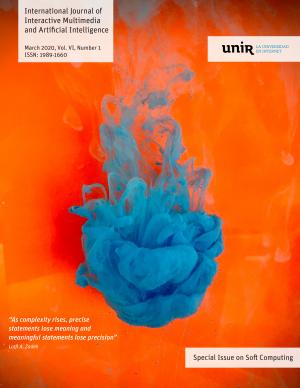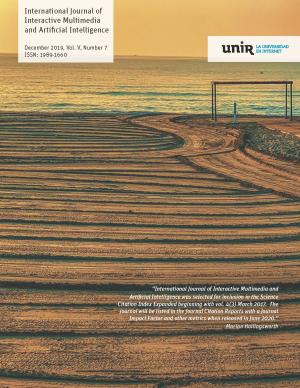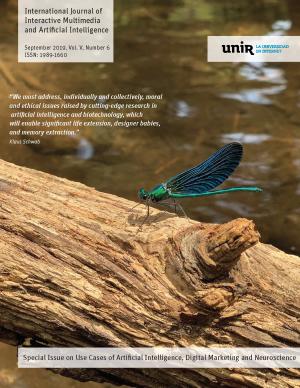IJIMAI New Website
Dear Members of the Editorial Board,
We hope this communication finds you well in these strange and difficult times that we are living.
IJIMAI, as a scientific and specialized journal, is continuously evolving with the aim of improving all its processes. The aim is that all those involved in the editorial process, as well as readers, find a friendly environment providing a rich user experience.




